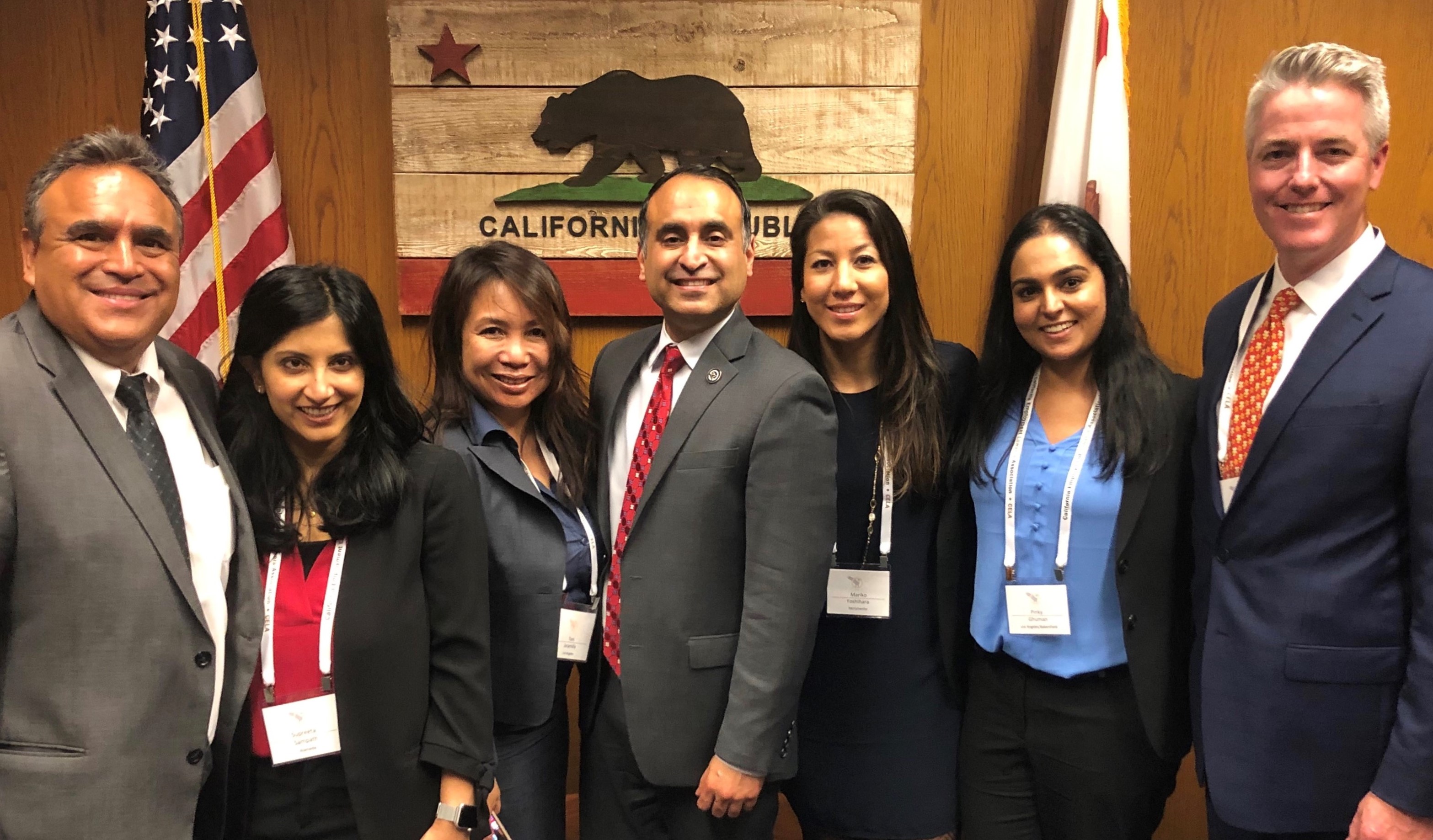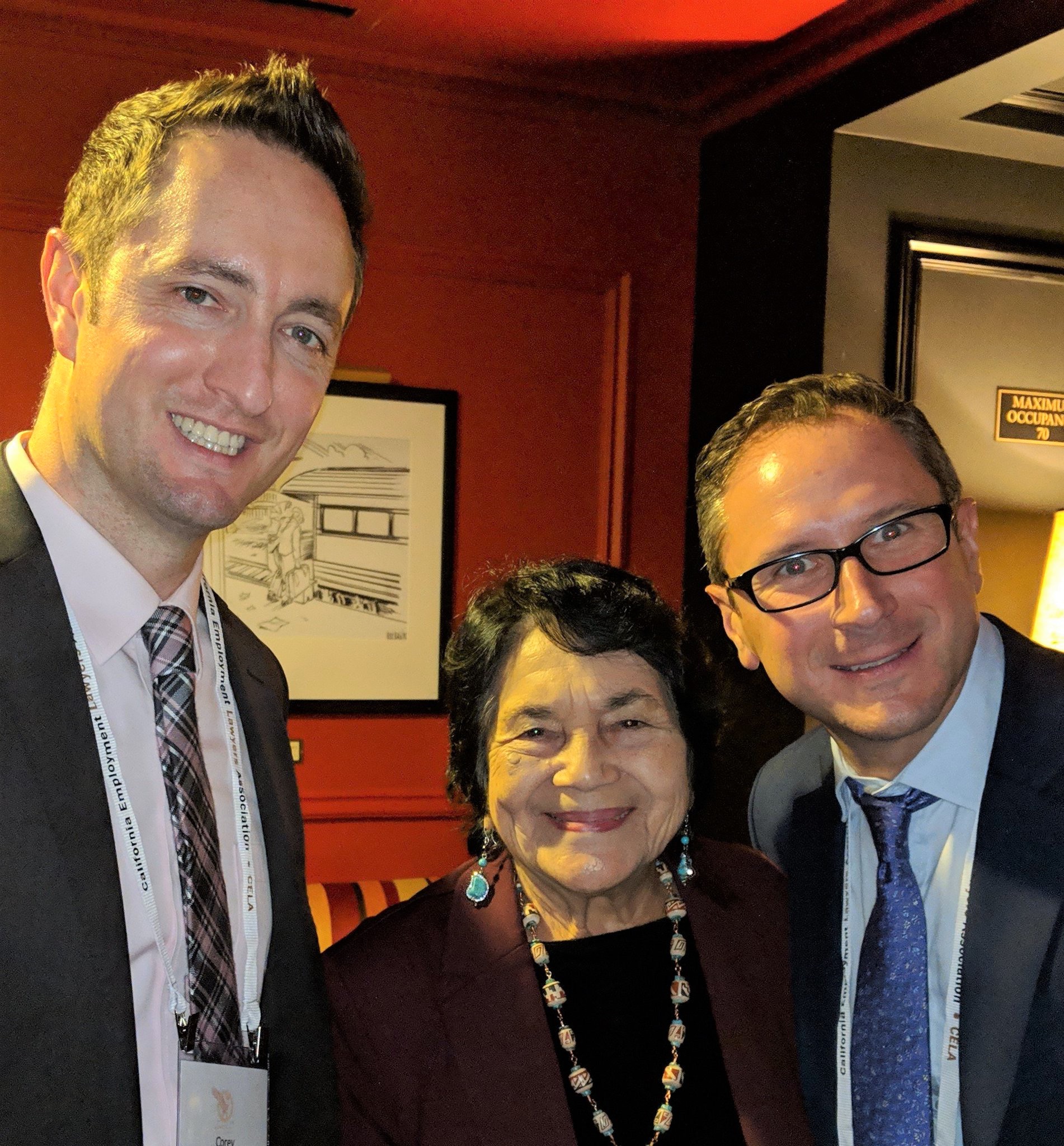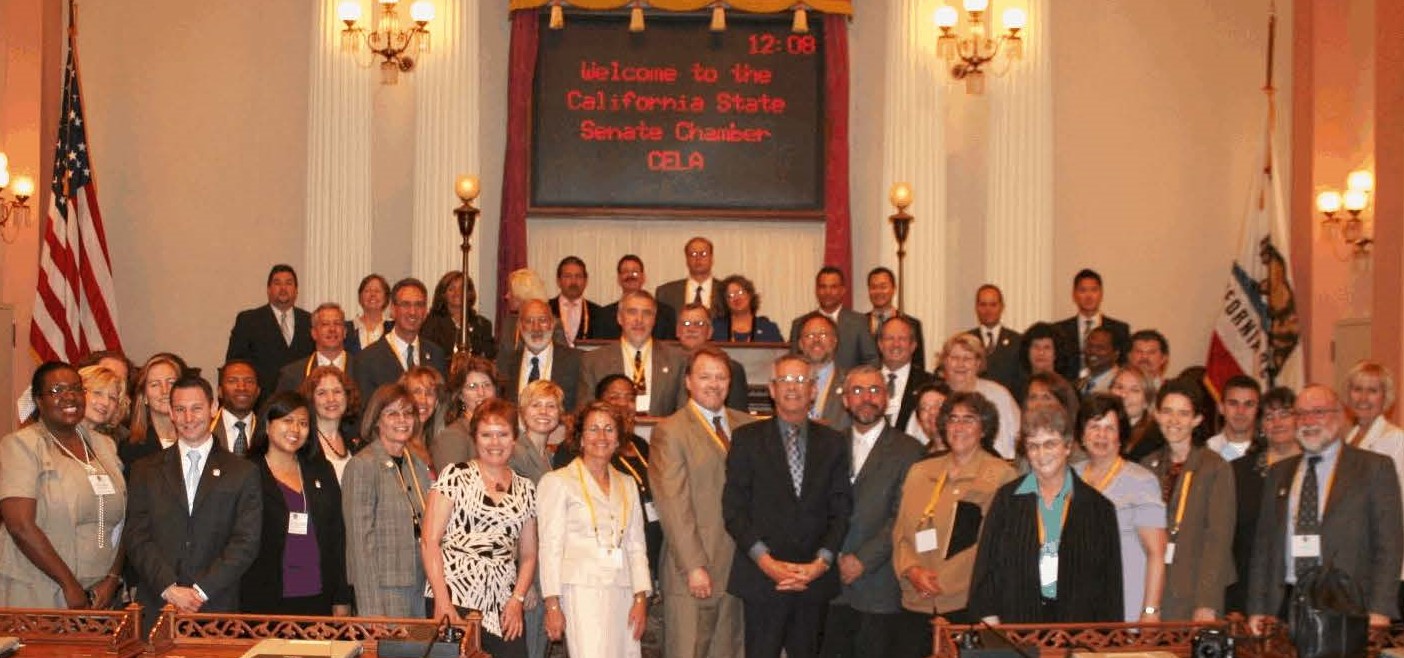California Supreme Court
This Important anti-SLAPP Decision Clarifies the First Step of the anti-SLAPP Analysis Regarding Whether the Plaintiff’s Claims Arise from the Defendant’s Protected Activity.RAND RESOURCES, LLC v. CITY OF CARSON
ARE YOU READY FOR SOME FOOTBALL?
Defendant City of Carson hired Plaintiff Rand Resources to be its agent in negotiating with the National Football League regarding a stadium. The contract specified that Rand would be the City’s sole negotiator for the project. The City eventually replaced Rand with Leonard Bloom. Rand then sued the City and Bloom, alleging that the City engaged Bloom to negotiate with the NFL during Rand’s contract term with the City, and that the City lied to Rand about it. The City responded with an anti-SLAPP motion. The trial court granted the motion, the Court of Appeal reversed, and the Supreme Court granted review to clarify the scope of the Anti-SLAPP statute.
A CLAIM DOES NOT NECESSARILY “ARISE FROM” PROTECTED ACTIVITY FOR ANTI-SLAPP PURPOSES SIMPLY BECAUSE IT WAS FILED BECAUSE OF PROTECTED ACTIVITY
Under CCP §425.16, the defendant must first show that the conduct falls under one of the four categories described in the anti-SLAPP statute and that the plaintiff’s claims arise from that conduct. If the defendant makes that showing, the burden shifts to the plaintiff to show a probability of success on the merits. The defendants here contended that Rand’s causes of action arose from two of the protected categories: communications made in connection with an issue under consideration or review by a legislative body (section (e)(2)) and conduct in furtherance of the exercise of free speech in connection with a public issue or an issue of public interest (section (e)(4)). The Supreme Court cautioned that the protected activity must “supply elements of the alleged claim” and that a claim does not arise from protected activity simply because it was filed because of protected activity. Rather, the defendant’s act that underlies the plaintiff’s cause of action must itself be an act in furtherance of the right of petition or free speech.
THE CITY’S STATEMENTS DID NOT FALL UNDER THE PROTECTION OF CCP §425.16 (e)(2) OR (e)(4)
Several of Rand’s claims were based on the City’s alleged concealment and lying about the City’s breach of the exclusivity provision of its contract with Rand. The City’s false statements to Rand supply an element of Rand’s fraud-based claims for misrepresentation. The statements therefore satisfied the anti-SLAPP requirement that the plaintiff’s claim arise from the defendant’s conduct. However, these statements were not made in connection with either a City Council issue under section (e)(2) or an issue of public interest under section (e)(4).
THE CITY COUNCIL DID NOT DEBATE BLOOM’S INVOLVEMENT, SO DEFENDANTS’ STATEMENTS WERE NOT MADE IN CONNECTION WITH A LEGISLATIVE PROCEEDING
Regarding (e)(2), the City Council debated and voted on whether to extend its contract with Rand. The City did not separately consider whether Bloom should represent the City. Therefore, only communications made in connection with the City Council’s consideration of the Rand contract fall under section (e)(2). Statements concerning any other issue, including concealment of the exclusivity provision and the involvement of Bloom, did not fall under the protection of section (e)(2).
THOUGH THE NFL STADIUM WAS AN ISSUE OF PUBLIC CONCERN, WHO NEGOTIATED THE DEAL ON THE CITY’S BEHALF WAS NOT. THE PUBLIC INTEREST ANALYSIS SHOULD NOT BE APPLIED OVERLY BROADLY
Regarding section (e)(4), the City argued that who served as the City’s negotiating agent was a matter of public concern because the NFL stadium was a matter of public concern, and a better negotiator increased the chances that the City would secure a stadium. The Supreme Court rejected this argument and the proposition that any connection between the challenged conduct and an issue of public interest could satisfy section (e)(4). “At a sufficiently high level of generalization, any conduct can appear rationally related to a broader issue of public importance.” Courts assessing anti-SLAPP “must focus on the speech at hand, rather than the prospects that such speech may conceivably have indirect consequences for an issue of public concern.” The conversations underlying Rand’s claim focus on the responsibility for the day-to-day functions of representing the City, not whether the stadium should be built. The City did not meet its burden on public concern. However, the Supreme Court found that Rand’s tortious interference claims did arise from a matter of public concern. The Court therefore affirmed the appellate court’s opinion regarding most of Rand’s claims and reversed on the tortious interference claims with instructions to the trial court to proceed to the second prong of the anti-SLAPP analysis, probability of success on the merits, for the tortious interference claims.
CA Supreme Court. Filed 2/4/19. 6 Cal.5th 610. Opinion by Justice Cuellar.
Read More



